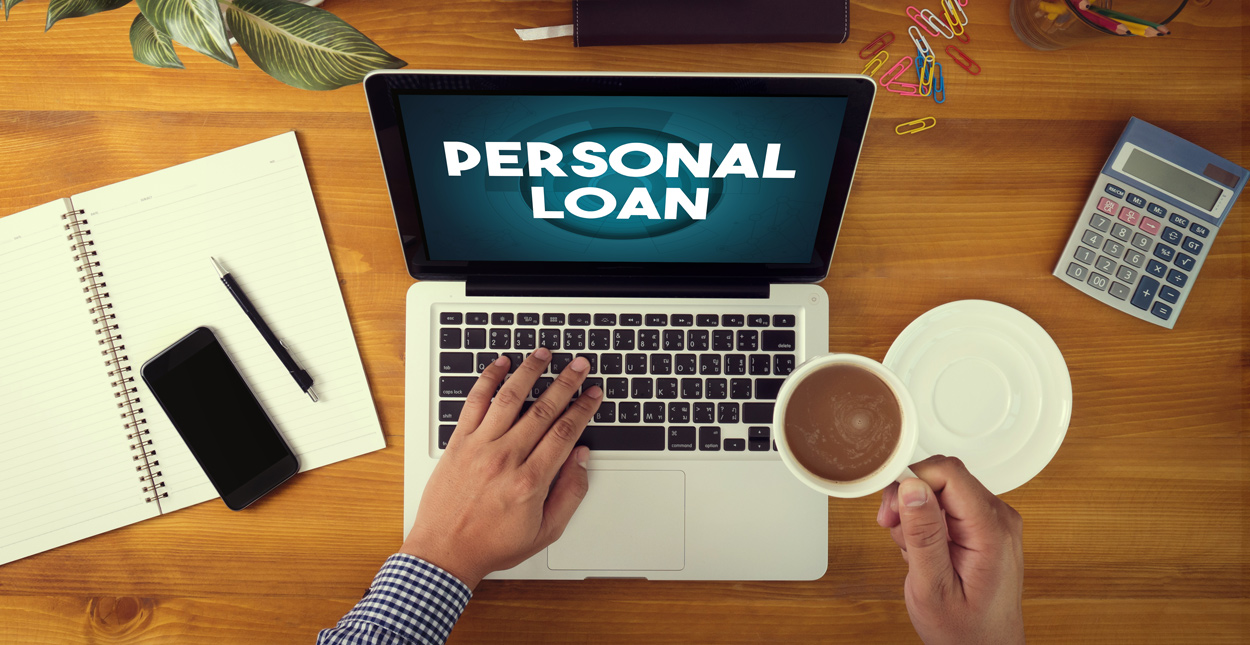A personal loan can be a valuable financial tool that helps you meet various financial needs, from consolidating debt to funding home renovations or covering unexpected expenses. However, before diving into the loan application process, it's essential to consider several factors to ensure that you make an informed and responsible decision.
In this blog, we will explore seven key factors that you should carefully evaluate when applying for a personal loan.
1. Your Credit Score and History
Your credit score and credit history play a pivotal role in the personal loan approval process and the terms you receive. Lenders assess your creditworthiness to determine the risk of lending to you.
A higher credit score often leads to more favourable loan terms, including lower interest rates and higher loan amounts. Before applying for a personal loan, review your credit report for accuracy and take steps to improve your credit score if necessary.
2. Loan Amount and Purpose
Determine the exact amount you need to borrow and the purpose of the loan. Avoid borrowing more than you require, as this can lead to unnecessary debt. Clearly define the purpose of the loan, whether it's to cover medical expenses, fund a vacation, or consolidate high-interest debt.
Having a clear understanding of the loan amount and purpose will help you choose the most appropriate loan product.
3. Interest Rates and Fees
Interest rates significantly impact the overall cost of borrowing. Compare interest rates from different lenders to secure the most competitive rate available.
Additionally, consider any associated fees, such as origination fees, processing fees, or prepayment penalties. Factor in these costs to determine the true cost of the loan and choose the most cost-effective option.
4. Loan Term and Monthly Payments
The loan term, or the duration of the loan, affects your monthly payments. A longer loan term results in lower monthly payments but may result in higher overall interest costs. On the other hand, a shorter loan term may lead to higher monthly payments but can help you save on interest.
Choose a loan term that aligns with your financial goals and allows you to comfortably manage your monthly payments.
5. Repayment Plan and Flexibility
Understand the lender's repayment plan and assess its flexibility. Determine if the lender allows early repayment without penalties, as this can be advantageous if you have the means to pay off the loan ahead of schedule.
Additionally, inquire about the consequences of late or missed payments to avoid potential financial strain.
6. Lender Reputation and Customer Service
Choosing a reputable lender is crucial to ensure a positive borrowing experience. Research the lender's reputation by reading reviews and testimonials from previous customers.
A lender with excellent customer service can provide guidance throughout the loan application process and answer any questions you may have.
7. Your Current Financial Situation
Assess your current financial situation to determine if a personal loan aligns with your budget and financial goals. Analyse your income, expenses, and existing debts to evaluate your ability to repay the loan comfortably.
Consider how the loan fits into your overall financial plan and whether it supports your long-term financial objectives.
Conclusion
Applying for a personal loan requires careful consideration of various factors to make a well-informed decision that suits your financial needs and goals. Evaluate your credit score, loan amount, interest rates, and fees to choose the most cost-effective option. Review the loan term and monthly payments to ensure they align with your financial capabilities. Seek a reputable lender with excellent customer service to ensure a smooth borrowing experience.
Source URL: https://best-personal-loans-australia.blogspot.com/2023/08/7-key-factors-to-consider-when-applying.html

 Log in with Facebook
Log in with Facebook 




 Core Beliefs Quote by Natasa Pantovic from Conscious Creativity: Ancient Europe’s Mindfulness Meditations
Core Beliefs Quote by Natasa Pantovic from Conscious Creativity: Ancient Europe’s Mindfulness Meditations




